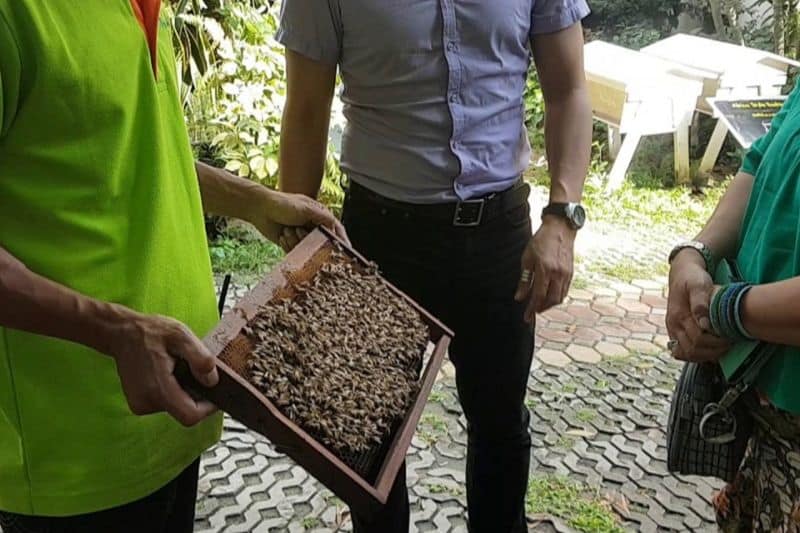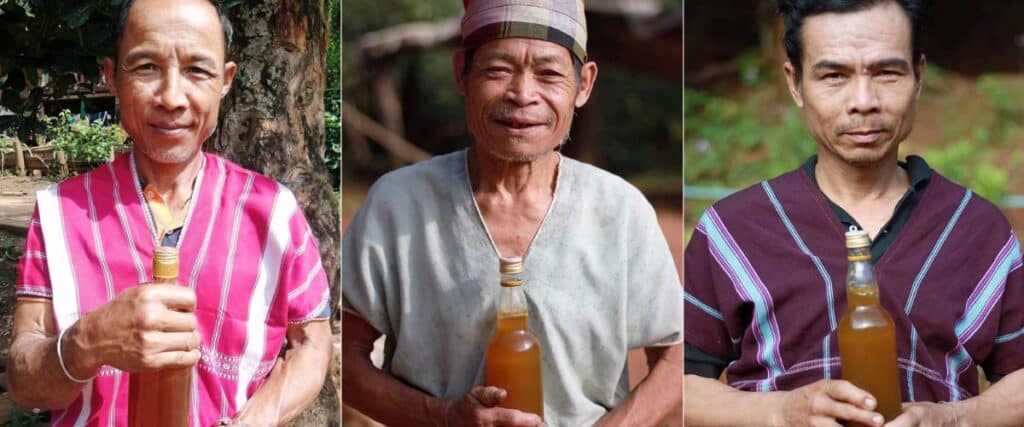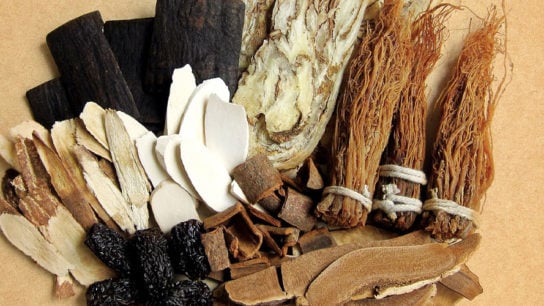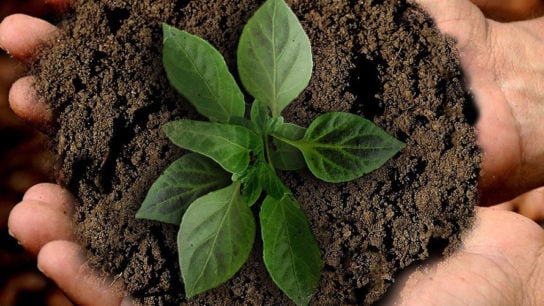Bees play a vital role in maintaining the delicate balance of ecosystems. Unfortunately, bee populations worldwide have been declining at an alarming rate due to various factors. Bees in Thailand, despite its rich biodiversity and agricultural landscape, are not immune to this crisis.
Bees are imperative pollinators that help plants to reproduce and maintain biodiversity. They visit flowers to collect nectar and pollen, and in the process, transfer pollen from one flower to another, fertilising them and allowing them to produce fruits and seeds. This pollination is crucial to the growth of plants, and many crops rely on bees for pollination. Without bees, the ecosystem would suffer, and many plants would struggle to survive.
The Current Situation of Bees in Thailand
The bee population in Thailand has dwindled in recent years due to various factors. Agriculture is heavily dependent on bees for pollination, which is vital for the reproduction of many crops such as fruits, vegetables, and cash crops like coffee and palm oil. The decline in bee populations can lead to reduced crop yields, impacting both food security and the economy.
The use of pesticides in Thailand’s agriculture industry harms bees by damaging their nervous systems and overall health. These chemicals accumulate in the bees’ essential food sources, weakening colonies and making them more vulnerable to diseases and parasites. Climate change is also affecting bee populations by disrupting the synchrony between plants and bees, making it challenging for bees to find food sources during critical periods, leading to nutritional deficiencies and weakened colonies. Bees in Thailand are also vulnerable to various diseases and parasites, including Varroa mites, viruses, and fungal infections.
Factors such as poor hive management practices, environmental stress, and transportation of bees facilitate the spread of diseases and parasites, contributing to the decline of bee populations.

How You Can Help Protect Thailand’s Bees
One of the most effective ways to help protect bees in Thailand is to buy local honey. This helps to support beekeepers and their efforts to maintain bee populations, as well as promoting sustainable agriculture.
Another way to help is by joining local conservation organisations. These organisations work to protect the environment and promote sustainable practices that benefit bees and other wildlife. By joining these organisations, you can contribute to their efforts and help make a positive impact in your community.
Here are some local beekeepers, honey stores, and conservation organisations you can support:
The Bee Conservation Centre
The Bee Conservation Centre, also known as Pattana-Nikom Bee Farm or Uncle Sa-ard’s Bee Farm, is a hub in Thailand that promotes beekeeping and raises awareness about the country’s diverse bee species. Situated in the scenic area of 24 Sai-Tree Moo9 Sub-district Pattana-Nikom, District of Pattana-Nikom, Lopburi, the centre is owned by Uncle Sa-ard Sipun, a renowned beekeeping expert.

Upon entering the Bee Conservation Centre, visitors are greeted by numerous bee species residing in wooden boxes. The centre offers informative explanations on various aspects of beekeeping, such as selecting an ideal location, the process of moving and maintaining bees, and preserving honey.
Visitors can also purchase different types of natural honey, including Sunflower Honey and Honey in its natural combs. Additionally, the centre offers honey-based products like Royal Jelly, fresh bee pollen, and processed items such as Royal Jelly creams, dried bee pollen, beeswax candles, and beeswax.

Siam Honey
Siam Honey is a healthy food manufacturer founded by apiarists Daniel K and his partner in 2009, mainly harvesting Longan Honey, Rubber Honey, Rambutan Honey, and Cajuput Honey in East and Southern Thailand. It was the first company to introduce beekeeping in Southern Thailand. Siam Honey expanded and developed its export business due to increasing interest in natural food products and established a honey processing plant at Songkhla, Thailand, in 2014.

Today, Siam Honey is one of the largest dedicated honey exporters in Thailand, providing approximately 3 million kg per year. The company offers a complete bee product solution, from its own farms’ Thai Honey, Thai Royal Jelly, and Thai Pollen to wholesale, private label, and OEM bee products.
Siam Honey’s mission is to improve the way communities eat by offering fresh, pure, and healthy bee products at amazing values. The company is committed to supplying pure and natural honey products, controlling the production processes, and improving testing procedures, especially for adulteration and antibiotics. Its bee products are with Clean Label, Fresh, Pure, Natural, Simple, and Delicious that you feel good about, without any artificial colours, flavours, or preservatives.

Big Bee Farm Pattaya
The Big Bee Farm is the largest and most influential beekeeping establishment in Pattaya, Thailand, dedicated to raising awareness about the benefits of Thai honey. Established in 1999 as Thepprasit Honey Farm, it quickly gained recognition and won awards for its exceptional quality honey. In 2005, it obtained the GMP and ISO 9001 quality system accreditation, and in 2006, it was bestowed with the distinguished Quality Goods Mark by the Ministry of Agriculture in Thailand. The Big Bee Farm played a significant role in establishing the Thai Organic Beekeeper Association and the Organic Supplier Network in 2007, emphasising the importance of environmentally friendly practices.

The Big Bee Farm serves as a hub for promoting awareness and understanding of bees and their invaluable contributions to our ecosystem. In 2011, it introduced the first apitherapy clinic in Thailand in 2011, offering an array of products derived from Thai Honey Bees that have therapeutic properties in addressing a wide range of ailments. These apitherapy products are available for international shipping.
The Big Bee Farm is easily accessible and offers visitors an immersive experience in beekeeping and a deeper understanding of the critical role played by bees in maintaining a thriving ecosystem.

Featured banner image credit: asia.nikkei.com
Related Articles
Thailand Innovates in Insect-Based Animal Feed
Marine Discovery Centres Opened by S Hotels and Resorts to Help Save Sharks in Thailand





